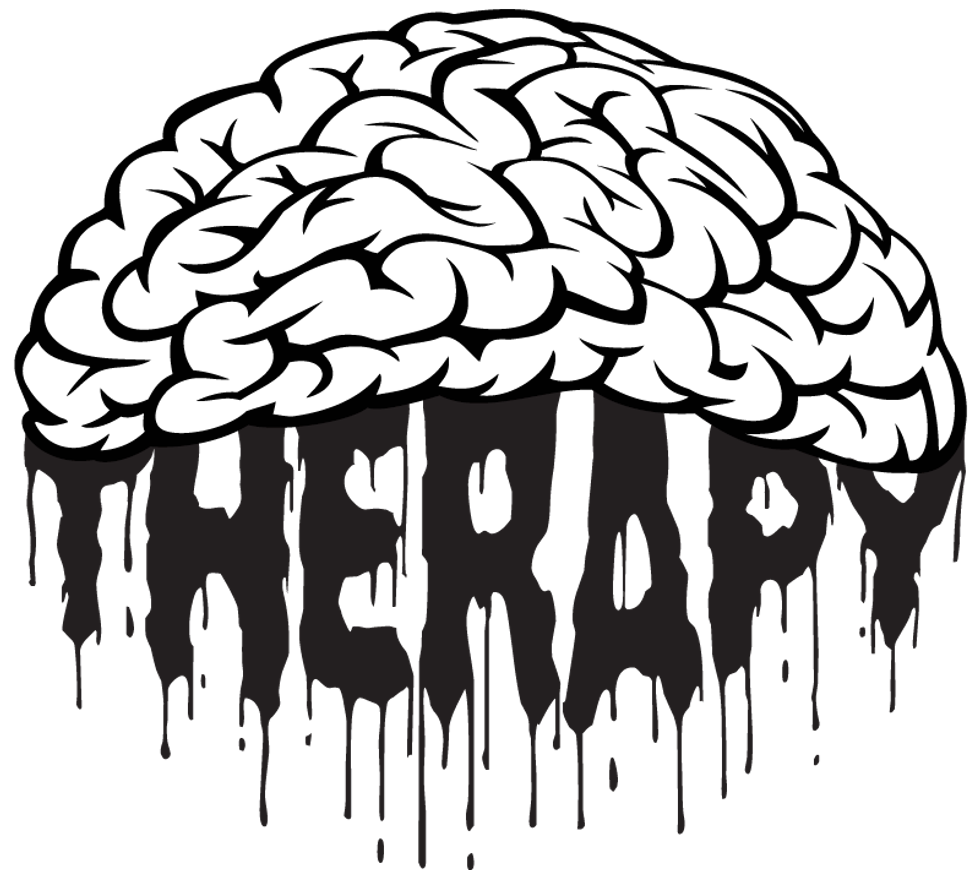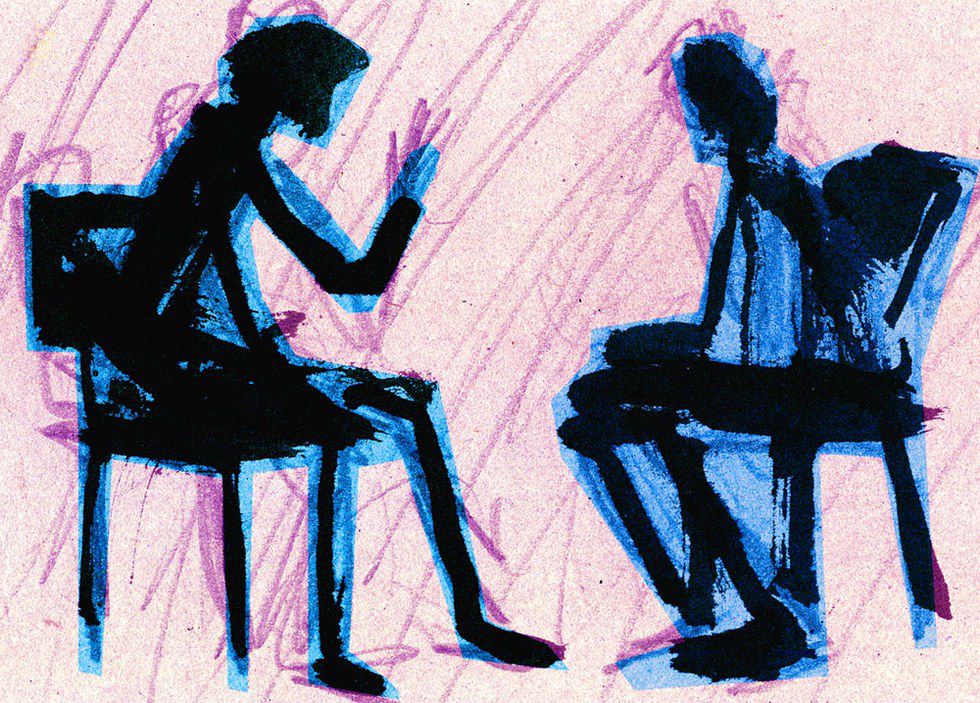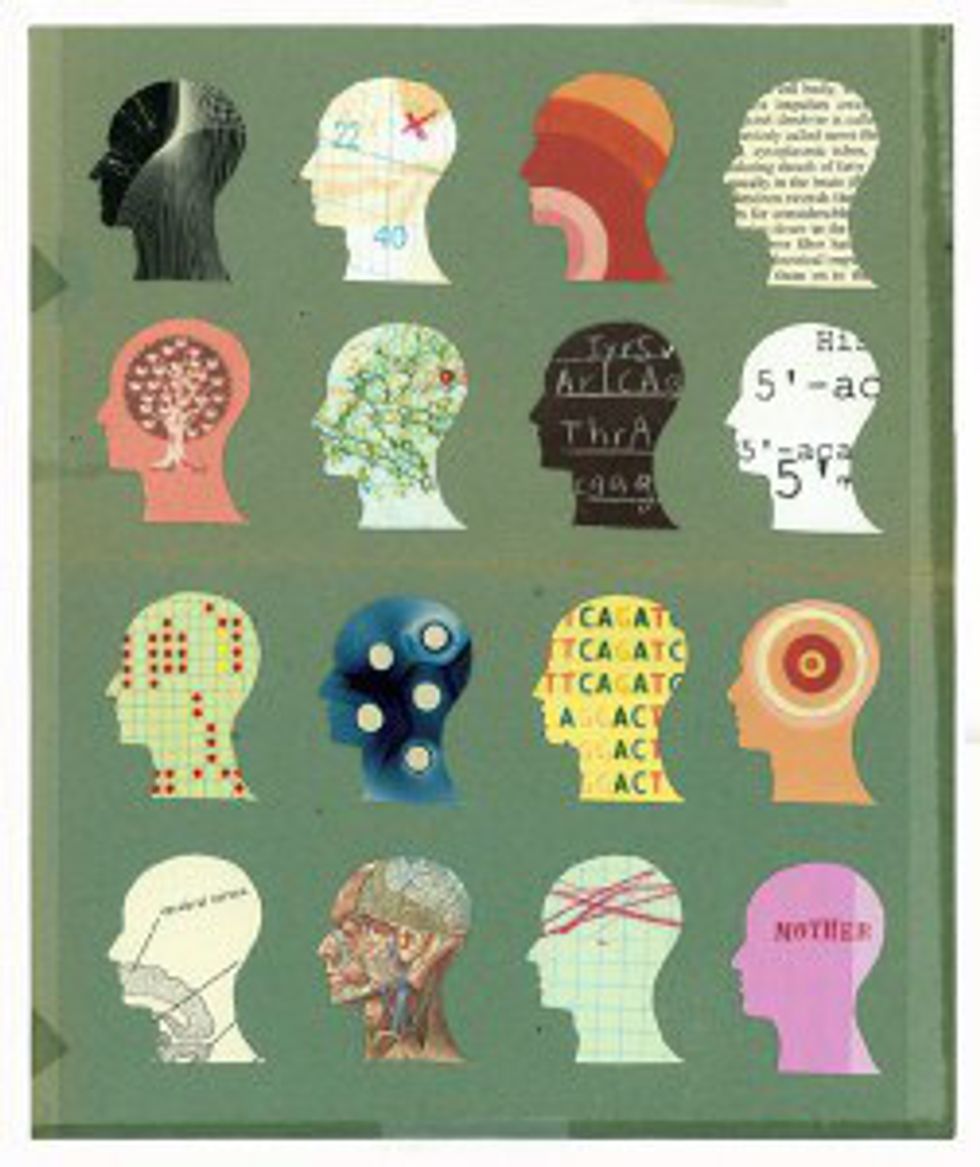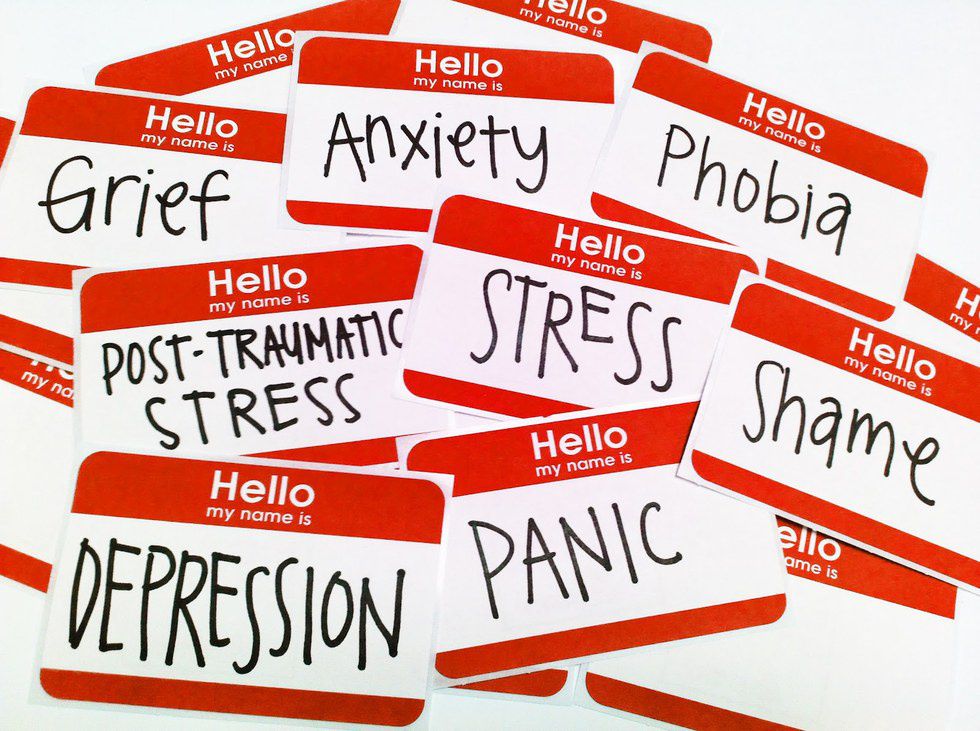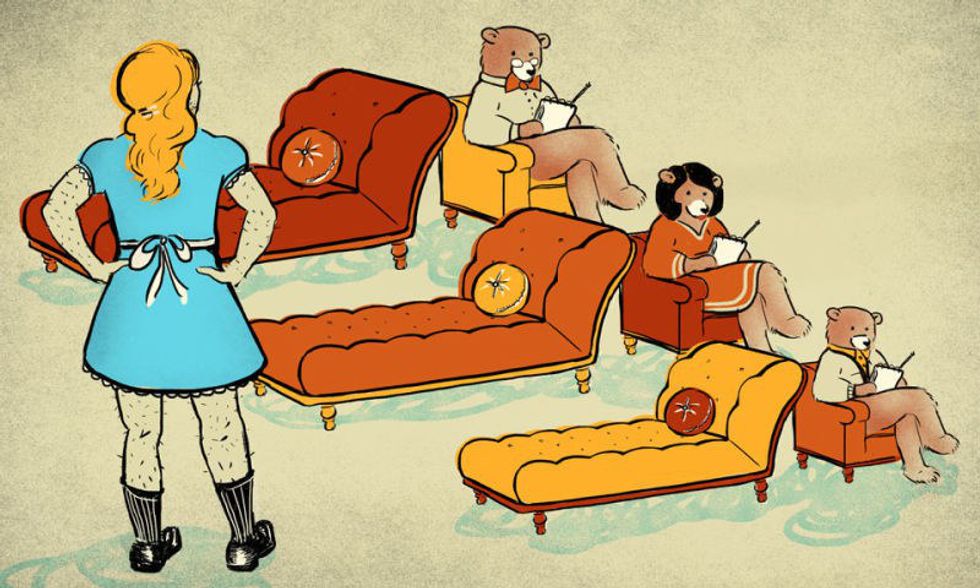This year officially marks my 13th year of therapy. A few Fridays ago, I wrapped up my final session before I decided to take a well earned break just for this summer. As I’ve reflected on this session and the many before it, I came to realize that therapy has become a massive part of my life. I’ve been going to the same therapist's office to work out my issues since early elementary school, and I must say, I would be a completely different person if this wasn't the case. Therapy has not only fostered my cognitive-behavioral growth, but it has also helped me acquire what I believe is one of my most important assets; introspection. For this reason, I am a strong advocate of therapy, and believe that everyone can benefit from it. Many are surprised by how helpful even one session of therapy can be. The following are just a few reasons why therapy is an excellent option when you've got something to work out:
1. Therapy can address more than mental disorders
You can go to therapy for a multitude of reasons. These reasons include (but are certainly not limited to) grief, family issues, life changes, gender and sexuality, or general unhappiness.
2. Therapy is great for all ages, genders, races, etc.
Anyone (and I mean ANYONE) can go to therapy. There are even therapists that specialize in treating certain groups. There are child development focused therapists, geriatric therapists, marriage and family therapists, gender and sexuality diversity therapists, etc. Just do your research and find out which is right for you.
3. Therapy can mend old wounds
I can personally attest to this. I started therapy for PTSD stemming from early childhood trauma, and I am much better off because of it. While my situation was a very specific one that obviously required treatment, that does not mean that every case is of the same caliber. Some people go to help with past breakups, family estrangement, or repressed memories.
4. There are many different approaches
Therapy isn't just lying down on a couch and spewing your thoughts to a paid-for friend. There is generally a lot more to it. A therapist usually specializes in a certain approach that is characterized by the kinds of questions asked, the kinds of solutions provided, or how the session is conducted in general. Different approaches include psychoanalytical, cognitive-behavioral, humanistic, holistic and even art therapy. There are also specialized sub-approaches .
5. Therapy may uncover and solve previously unknown issues
Many people go into treatment expecting to work on one issue and end up getting help with multiple problems. For example, someone who goes in to help get over a bad breakup may end up learning that they have a codependency problem and low self-esteem. You never know what you'll uncover with each session.
6. Therapy can help you deal with future issues
One of the common objectives of therapy is to help you understand yourself and the way you think. Knowing yourself in this way helps make dealing with emotional and mental situations a lot easier. After a session, you can be assured that you are better equipped to deal with what life throws your way.
7. Therapy is more accessible than you think
Most do not realize how available mental health services are, especially for students. Most schools have a counselors or trained professionals on hand to help students. Many communities in general have mental health services and hotlines, and the internet also has a huge community of people willing to provide support, advice, and resources.
Whether or not to pursue therapy is entirely up to you as an individual, and you may decide you can get by without it. However, if you find yourself wondering if you could be happier or are even just curious about the therapy process, I advise you to do some research and consider setting up a session. Given the increased attention mental health has been given over the past few years, therapy resources are bound to expand in the upcoming decade. This is an exciting time and the perfect opportunity to start taking advantage of the resources out there!



